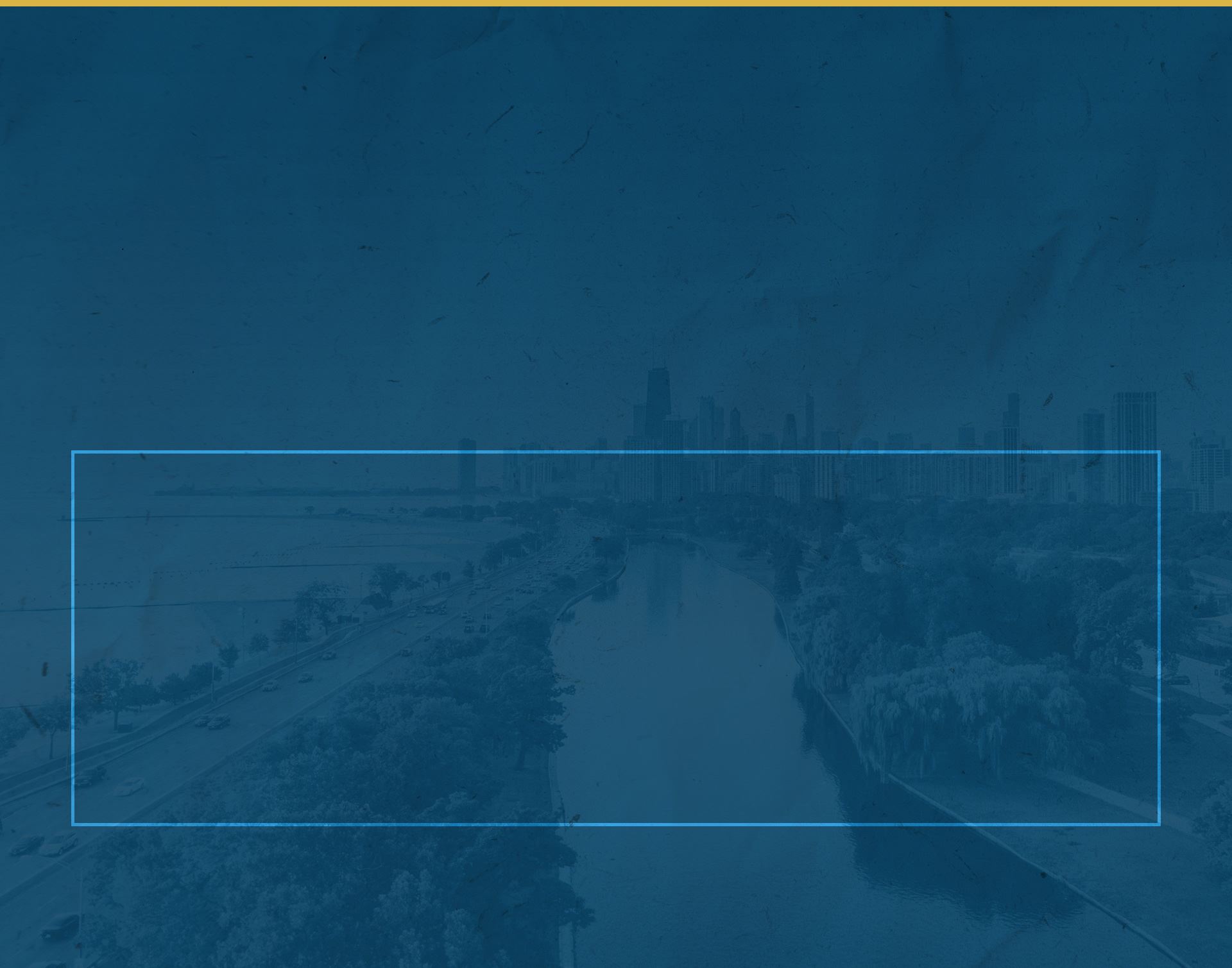
Chicago Chapter 13 Bankruptcy Attorney
Helping Clients Repay Debt And Stop Foreclosure
If you are considering bankruptcy, you may be concerned about losing your assets. Rather than liquidating your assets, Chapter 13 allows you to pay back your debts over a three-to-five-year period payment plan which is reviewed and approved by the bankruptcy court. This is the type of bankruptcy that is highly beneficial for those who want to keep a home or other property but have fallen behind and are now in trouble, possibly facing foreclosure.
Our Chapter 13 attorney in Chicago can determine if you qualify for this bankruptcy. Start a free consultation or call (312) 957-8077. We speak Spanish!
What Is Chapter 13 Bankruptcy?
Chapter 13 Bankruptcy is designed for individuals with regular incomes, allowing them to manage and pay off debt through a structured repayment plan over three to five years. It helps stop foreclosure, enabling homeowners to catch up on missed payments and retain their property. Under court-imposed conditions, this process assists in maintaining ownership by shielding assets from liquidation, offering a path to financial stability. For expert guidance, speak with a Chapter 13 lawyer from our firm.
How Does Filing Chapter 13 Bankruptcy Work?
While the repayment of the debts is taking place, creditors cannot attempt to recover more than what you owe! They are restricted from getting what has been approved by the bankruptcy court in your repayment plan. Your determined disposable income is divided up between the creditors, with each getting a monthly payment. This allows you to pay back your debt without being harassed.
Bankruptcies filed under Chapter 13 require that:
- You must have a portion of your income that is disposable
- Creditors cannot recover more than what you owe
- A repayment plan is created by the trustee and paid throughout the case
Who Can Declare Chapter 13 Bankruptcy?
Chapter 13 bankruptcy is available to individuals or sole proprietors who fulfill certain debt limits and have a consistent source of income. Businesses are not able to use this option. For cases filed between April 1, 2022 and March 31, 2025, secured debts must be below $1,395,875, and unsecured obligations must be under $465,275 in order to be eligible. A full grasp of the advantages and eligibility for debt repayment and restructuring through restructuring is ensured by speaking with a Chapter 13 lawyer.
Do I Qualify for Chapter 13 Bankruptcy?
To qualify for Chapter 13, you must:
- Be current with your tax filings.
- Have enough disposable income for a repayment plan.
- Your debts must be within the limits.
- You cannot file because you own a business that is in debt.
How Much Does It Cost To File Chapter 13 Bankruptcy?
There are many expenses associated with filing for Chapter 13 bankruptcy that prospective customers should be aware of. The court filing fee, which usually costs about $313, is the main expense. Another major expenditure is legal counsel, which varies according on the location and intricacy of the case. These costs, which can total thousands of dollars or more, are frequently arranged in a way that makes repayment easier to arrange. Additional charges may include credit counseling fees, normally necessary before filing, and any fees for obtaining financial information or assessments.
You should speak with qualified Chicago Chapter 13 bankruptcy attorneys at Attorney Joseph P. Doyle because the details of your case and the intricacy of your financial circumstances can affect the final cost. They can provide you a thorough rundown of all possible expenses and assist you in comprehending the financial effects of filing. In addition to helping you prevent costly errors, an attorney will make sure that all documentation is properly filed and that you comply with all legal requirements. By being aware of these expenses up front, you may better organize your finances and decide whether to file for Chapter 13 bankruptcy as a means of regaining your financial stability.
Chapter 13 and Foreclosure
If you received a foreclosure notice from the bank, and you qualify for Chapter 13 bankruptcy, filing automatically stops foreclosure proceedings and allows you to work out a repayment plan for overdue payments. You also have the opportunity to renegotiate the terms of your mortgage during this period of time. Timing is important during this whole ordeal -- do not file too soon and do not wait too long. Reach out to a skilled Chicago bankruptcy lawyer to help you get the most out of filing!
Many people find themselves in trouble from the subprime mortgage boom. After the crash in 2008, many homeowners found themselves unable to consistently manage making payments that had doubled, and were unable to renegotiate the terms with the lender, as the property values plummeted. If you are currently in this situation, our Chapter 13 attorney can assist you!
What Are the Benefits of Filing?
Aside from stopping foreclosure, filing for Chapter 13 bankruptcy has many other benefits as well.
The benefits of Chapter 13 include:
- The amount you owe your creditors could be greatly reduced
- Late fees could be canceled
- Interest rates may be reduced
- Once the repayment plan is completed, the remaining debt is discharged
- Stop car repossession
- Stop creditor harassment
- Stop creditors from suing you
- Stop freezes on your bank account
- Remove tax liens on your home
In some cases, your debts will not be able to be discharged; however, you may be able to walk away paying far less than you initially owed.
Understanding the Chapter 13 Bankruptcy Process
Filing for Chapter 13 bankruptcy can seem overwhelming, but understanding the process can provide clarity and ease your concerns. The Chapter 13 process typically unfolds in several stages, each designed to protect your rights and ultimately help you regain financial stability.
Here’s a brief overview of what to expect when you file for Chapter 13 bankruptcy with Attorney Joseph P. Doyle:
- Consultation and Evaluation: We start with a comprehensive consultation to review your financial situation, debts, and repayment goals. Together, we will determine if Chapter 13 is the right choice for you.
- Preparation of the Petition: Our experienced team will assist you in preparing the necessary paperwork, ensuring all required information is accurate and complete.
- Filing the Petition: Once your petition is ready, we will file it with the bankruptcy court, which immediately protects you from creditor actions, including foreclosure and wage garnishments.
- Confirmation Hearing: A hearing will be scheduled to confirm your repayment plan. We will represent you and negotiate with the trustee to ensure your plan is approved.
- Repayment Period: You will make monthly payments to the trustee, who will distribute the funds to your creditors according to the approved plan. Our team will guide you throughout this period.
- Discharge and Fresh Start: After successfully completing your repayment plan, you will receive a discharge of remaining eligible debts, allowing you to move forward with a clean financial slate.
With our expert guidance, you can navigate the Chapter 13 bankruptcy process with confidence. We are dedicated to providing our clients in Schaumburg with the support and insight needed to make informed decisions about their financial future.
Chapter 13 Bankruptcy Solutions for Chicago Residents
Living in Chicago comes with its challenges, including a high cost of living that can make it difficult to manage debt. For those facing overwhelming financial obligations, Chapter 13 bankruptcy offers a structured way to regain control. Unlike Chapter 7, Chapter 13 allows you to create a repayment plan, typically lasting three to five years, to pay off debts while protecting your assets.
Chapter 13 bankruptcy can be particularly helpful for Chicagoans dealing with foreclosure. Filing for Chapter 13 halts these actions immediately, giving you time to reorganize your finances without losing your home or income.
Personalized Guidance Through Chapter 13
Navigating bankruptcy laws specific to Illinois requires knowledge of local regulations and legal processes. Familiarity with agencies like the City of Chicago Department of Finance and the Cook County Clerk of the Circuit Court plays a key role in crafting an effective case.
From neighborhoods like Lincoln Park to Hyde Park, financial dynamics vary, and a personalized approach is essential. Chapter 13 bankruptcy provides a path forward for those committed to addressing their debt while maintaining ownership of important assets. Chicago residents struggling with financial stress can explore this option with our team to rebuild their financial stability and pursue peace of mind.
Our Chapter 13 Lawyer in Chicago Can Help
It is extremely important that you have an experienced Chapter 13 bankruptcy attorney by your side if you decide to file. There are many financial advantages that could be negotiated for you. You have the right to negotiate these on your own, however, it is not a process that you should try on your own.
The savings you get and the amount you pay your creditors each month can be worked out with the help of your attorney. You need to ensure that you can keep up those payments, or the entire process may fail if you don't. It is extremely valuable to have legal assistance to file Chapter 13, as the final outcome could be far more advantageous for you in the end.
Related Pages
Contact our Chicago Chapter 13 bankruptcy lawyer online or call (312) 957-8077 for a free consultation about filing for this type of bankruptcy. Se habla Español.

Why We Are Prepared to Help You

-
We Can Help to Eliminate Your DebtWe strongly believe in providing clients with accessible and honest advice throughout the entire bankruptcy process.
-
We Can Protect Your Consumer RightsWe are dedicated to protecting you from debt collection, telemarketer abuse, unfair auto financing, and student loan debt.
-
We Can Help End Wage GarnishmentWe can help put a stop to collector calls, garnished wages, and frozen bank accounts to move to a stronger future.
-
We Can Put a Stop to Creditor HarassmentWhen you hire us to handle your lender negotiations or bankruptcy, debt collectors can no longer contact you.